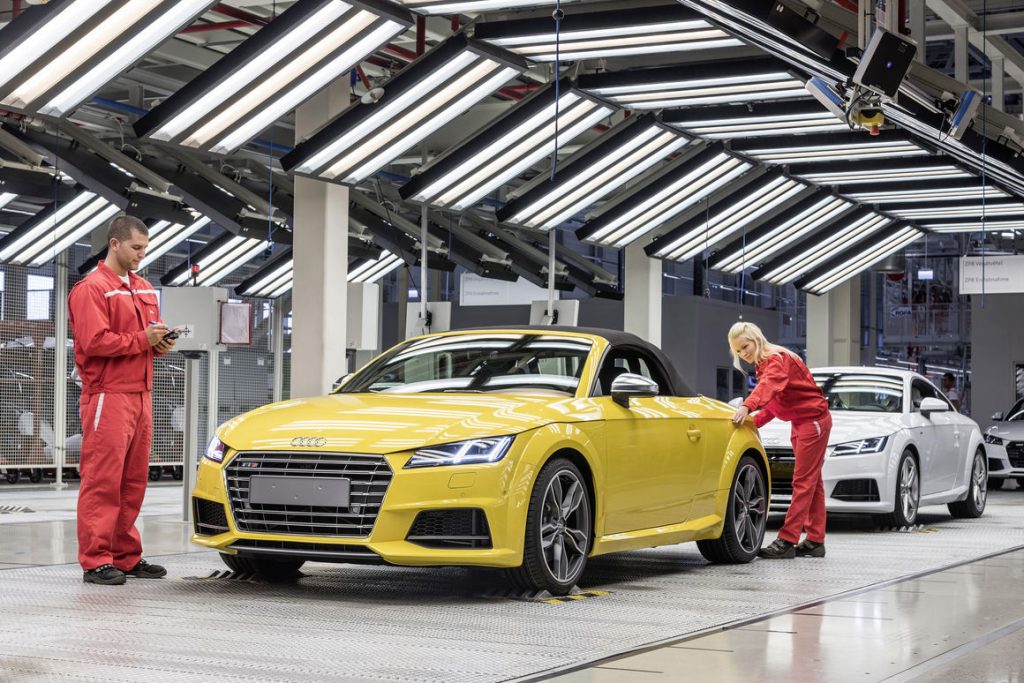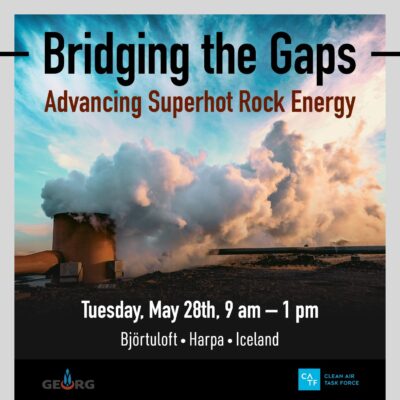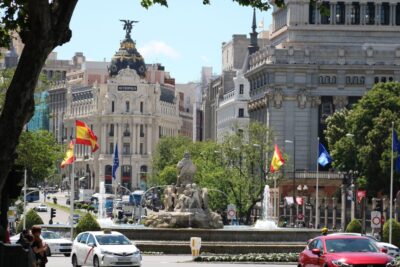Geothermal heating elementary to Audi car production in Hungary
Adding large solar PV installations on the roof of its car manufacturing facilities, Audi in Hungary makes further strides towards climate-neutral energy supply. Geothermal energy plays a fundamental part, providing up to 70% of the heat required.
Volkswagen has published an announcement that it plans together with E.ON, Audi the building of a solar energy park on the roofs of the two logistics centers of its plant in Gy?r covering about 160,000 square meters. This will create Europe’s largest photovoltaic system installed on a building at the Audi Hungaria plant in Györ. It will have a peak output of 12 MW. Construction work will start in August 2019 and renewable energy generation will start at the beginning of next year.
“We are committed to the economical use of resources and therefore want to keep the environmental impact of our production as low as possible. Approximately 70 percent of Audi Hungaria’s heat requirements are already covered by climate-neutral, geothermal energy. Our goal is to have completely CO2-neutral plant operation in the future. With the construction of the solar-cell park, we are now taking a further step to achieve this in terms of power supply,” said Achim Heinfling, Chairman of the Board of Management of AUDI HUNGARIA Zrt.
We have been reporting on the use of geothermal energy for the heating needs of the Audi manufacturing facility in Györ, Hungary before, but were not aware of the large part it plays. So the combination of solar and geothermal shows how well technologies can play together in a clean energy supply.
As part of the joint project with E.ON Hungaria, Audi is providing the roof areas of the two logistics centers, each with about 80,000 square meters, for the construction of the solar energy park. This is where the largest solar plant in Europe installed on a roof is being built. E.ON will put the park into operation, consisting of 35,000 solar cells, and will continue to operate it, with an annual output of more than 9.5 gigawatt hours (GWh) of electricity. This corresponds to the annual energy requirements of 5,000 households. Thanks to green electricity from regenerative sources, about 6,000 tons less carbon dioxide will be released into the air.
“We are working consistently towards greater sustainability along the entire value chain,” said Peter Kössler, Board of Management Member for Production and Logistics at AUDI AG. “By 2030, we want all our production sites to be climate neutral. The use of renewable energies is an important lever for this.”
E.ON Board Member Karsten Wildberger adds: “Intelligent energy management is indispensable for companies that want to achieve their sustainability goals. We help customers like Audi to combine climate protection with their business activity – and thus create value for their customers and our society. ”
In addition, AUDI AG, together with its partners, is committed to feeding resources into closed cycles and reusing them as completely as possible. “We were the first premium manufacturer to have our CO2 footprint measured and certified in 2014. Since then, we have been working constantly to reduce it further,” said Rüdiger Recknagel, Head of Environmental Protection at AUDI AG. “We are also installing new technologies at all our plants to reduce our water consumption, avoid air pollution and improve recycling.”
Source: Volkswagen AG


















